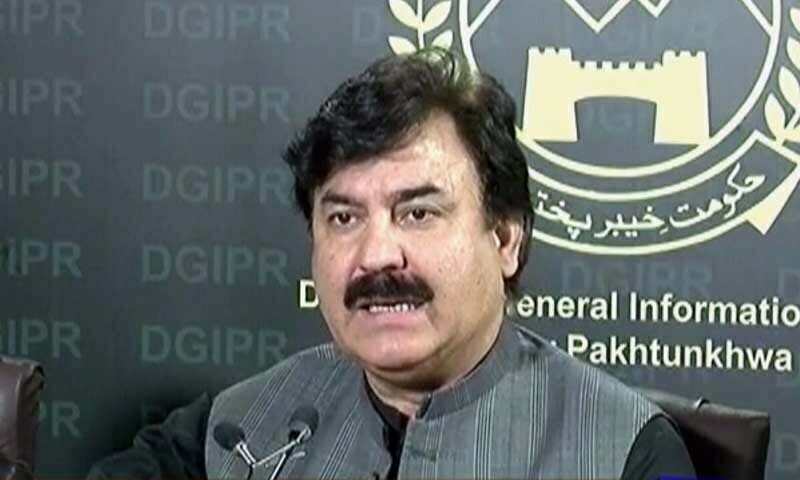Shaukat Yousafzai
Pakistan Tehreek-e-Insaf (PTI) leader Shaukat Yousafzai faced another travel setback on Saturday when he was barred from boarding a flight to the United Kingdom at Islamabad airport.
The Federal Investigation Agency (FIA) intervened, preventing his departure due to his name being listed on the Exit Control List (ECL).
Yousafzai, who intended to visit his daughter, had already obtained his boarding pass but was halted by FIA officials citing his ECL status.
Expressing frustration over the incident, he criticized the decision as unjustified and announced his intention to challenge it in the High Court to seek removal of his name from the ECL.
This incident marks a recurring issue for Yousafzai with travel restrictions. In a similar occurrence last November, he was prevented from boarding a flight at Peshawar Airport while en route to perform Umrah.
At that time, Yousafzai vehemently denied being on the ECL and asserted no pending legal charges against him, claiming to have completed all required procedures before unexpectedly being stopped.
The ECL is maintained by Pakistani authorities to restrict the movement of individuals facing legal inquiries or other regulatory issues.
Being placed on the ECL can impede international travel and is subject to legal challenge if individuals dispute their inclusion.
Yousafzai’s predicament has sparked debate and scrutiny over the process and criteria for placing individuals on the ECL, with critics highlighting potential abuses or errors in listing procedures.
Efforts to clear one’s name from the ECL typically involve legal appeals and procedural reviews, which can be complex and time-consuming.
As Yousafzai prepares to pursue legal recourse, the incident underscores broader concerns about transparency and fairness in the application of travel restrictions, affecting individuals’ rights to mobility and due process.
The outcome of his legal challenge could have implications for how ECL listings are managed and adjudicated in Pakistan’s regulatory framework.
I am a dynamic professional, specializing in Peace and Conflict Studies, Conflict Management and Resolution, and International Relations. My expertise is particularly focused on South Asian Conflicts and the intricacies of the Indian Ocean and Asia Pacific Politics. With my skills as a Content Writer, I serve as a bridge between academia and the public, translating complex global issues into accessible narratives. My passion for fostering understanding and cooperation on the national and international stage drives me to make meaningful contributions to peace and global discourse.








